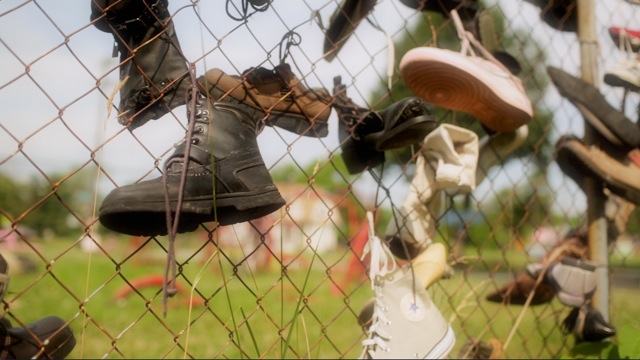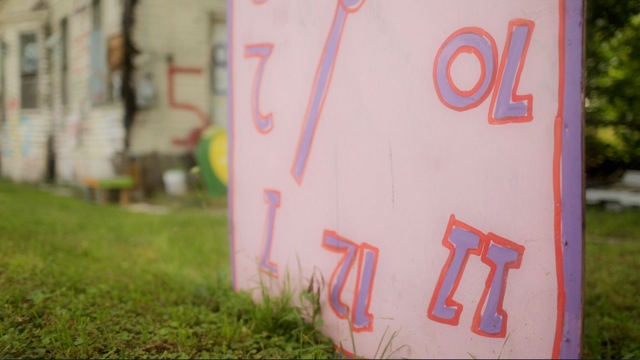
Where
Scholastic Center557 Broadway (Between Prince and Spring Streets)
New York, NY 10012
Driving Directions
Contact
Lori Feigenbaum, Margery QuackenbushNational Association for the Advancement of Psychoanalysis
973-629-1002 212-741-0515
events@acapnj.org
SHAME, GUILT & PREJUDICE:
Emerging Possibilities
SPECIAL STUDENT INTRODUCTORY FEE
FOR THOSE ATTENDING THE CONFERENCE:
$50 CONFERENCE FEE INCLUDES FIRST TIME MEMBERSHIP IN NAAP. REGISTER ONLINE AND COMPLETE MEMBERSHIP FORM AT THE CONFERENCE. TAKE ADVANTAGE OF THIS TERRIFIC OPPORTUNITY NOW!!!! Click here to register now.
NAAP’s 42nd Annual Conference, "Shame, Guilt & Prejudice: Emerging Possibilities," taking place on November 15, will be hosted at the Scholastic Center in Soho, NYC. This year's conference includes notable psychoanalytic speakers and renowned artists whose work expresses the impact and presence of shame, guilt, and prejudice in our cultural and symbolic communications. No culture exists without some representation, a generationally repetitive influence, of this toxic triad. NAAP's conference provides an opportunity to explore the psychodynamic underpinnings of shame-guilt-prejudice, and how we can inspire the resilience to reverse or impact this pattern while working clinically with our patients, with our students, and in our communities.
Morning Panel
Patricia Harte Bratt, PhD, Conference Chair, Moderator
Josephine Meckseper, Artist
Special Congratulations on the Josephine Meckseper commissioned photo editorial seen on the cover of the Times
T Magazine, Sunday, Oct. 19, 2014!
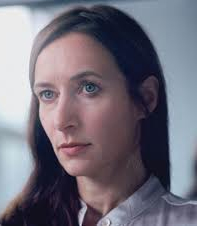
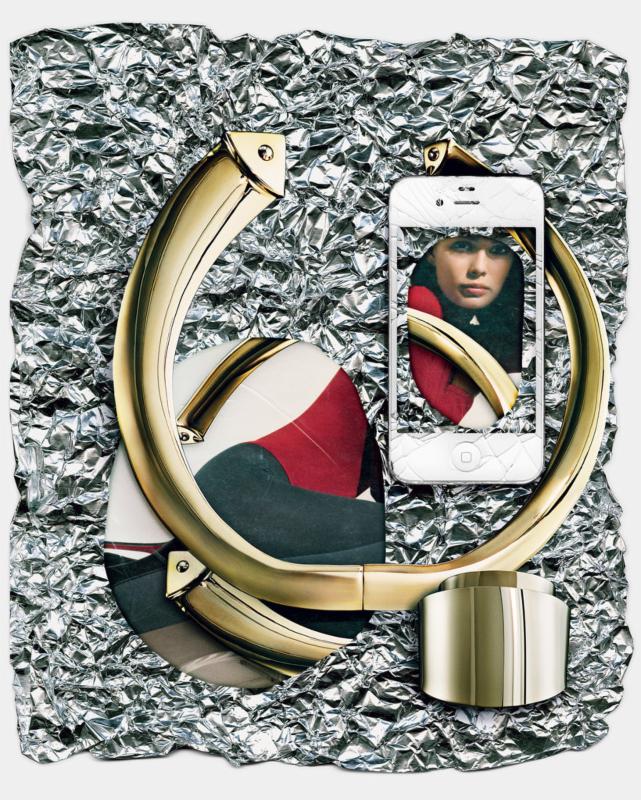
We look forward to hearing more of Ms. Meckseper's conceptualizations about the healing, communicative, and motivational possibilities of the externalization of shame, guilt, and prejudice through artistic expressions.
Emily Kuriloff, PsyD, Psychoanalyst
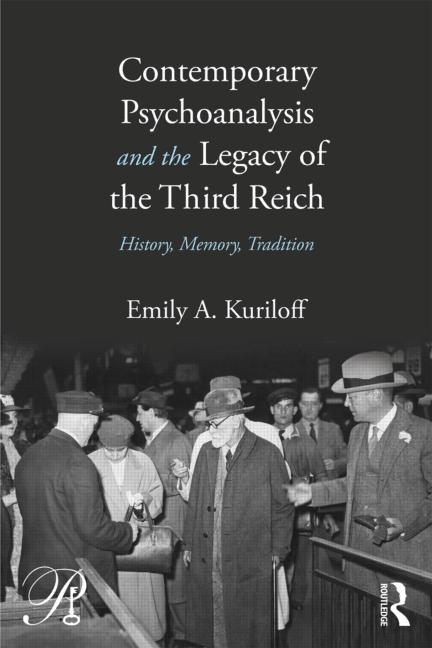 Contemporary Psychoanalysis
Contemporary Psychoanalysis
and the Legacy of the Third Reich: History, Memory, Tradition
Using unpublished original source material, as well as personal interviews conducted with émigré/survivor analysts and scholars who have studied the period, Emily Kuriloff will illustrate the ways in which previously avoided persecution, expulsion, loss, and displacement before, during, and after the Holocaust shaped what was, and remains, a dominant movement in western culture.
Kuriloff will also present voices of the second generation—psychoanalytic thinkers and clinicians whose legacies and work remain informed by the pain and triumph of their parents’ and mentors’ Holocaust stories. These unprecedented revelations influence not only our understanding of mental health work but that of history, art, politics, and education.
Arnold Richards, MD, Psychoanalyst
Psychoanalysis: Science and Art or Ideology?
Dr. Richards, who is also editor of International Psychoanalysis, will examine the place of ideology in psychoanalysis, and also examine the negative effect of what he calls the “politics of exclusion” in APsaA and in some psychoanalytic institutes.
International Psychoanalysis A psychoanalytic slant on the world…"the most interesting psychoanalytic publication in the world today." — Josh Hoffs
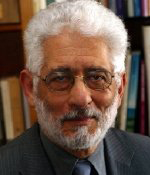
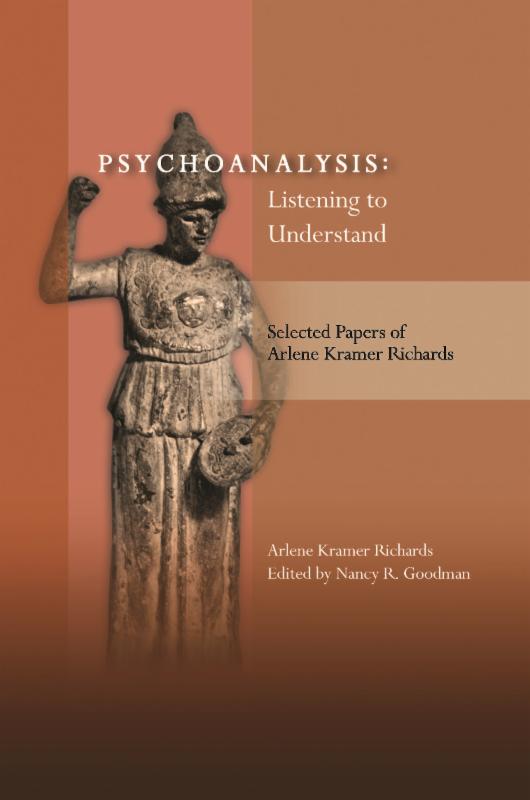
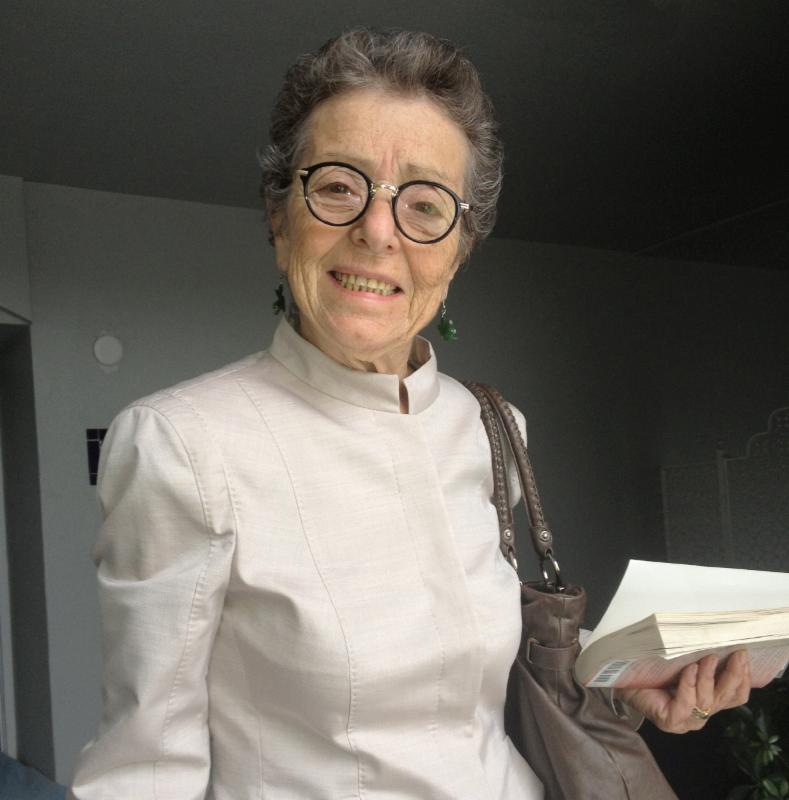
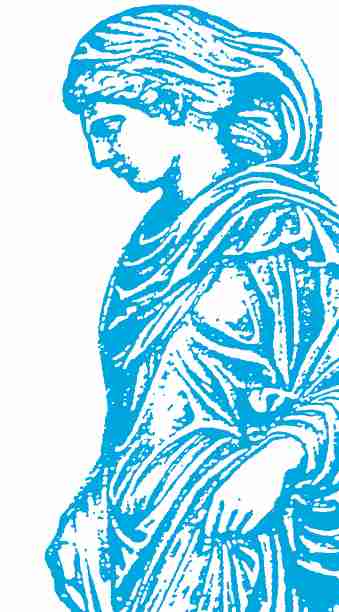 The Gradiva Awards Banquet
The Gradiva Awards Banquet 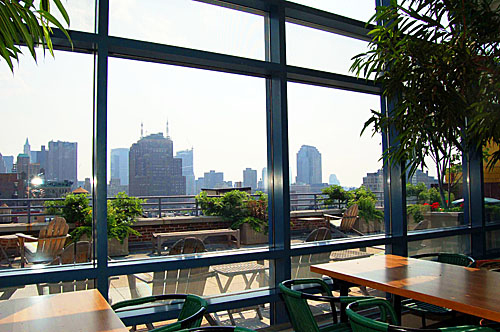
at noon, on Scholastic's spectacular Greenhouse, Rooftop Terrace
Afternoon Panel
Douglas F. Maxwell, JD, LP, NAAP President, Moderator
Chloe Piene, Artist
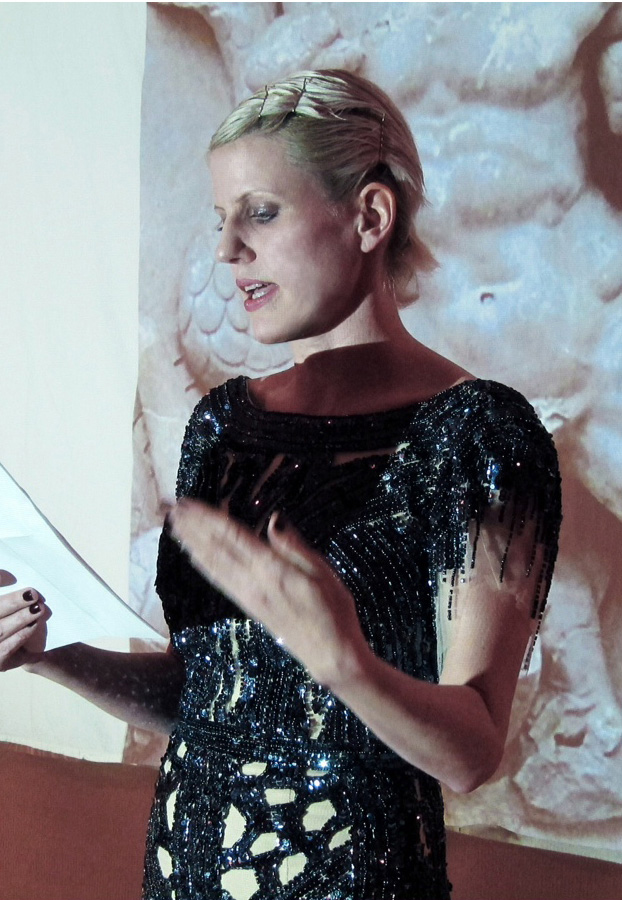 To Serve
To Serve 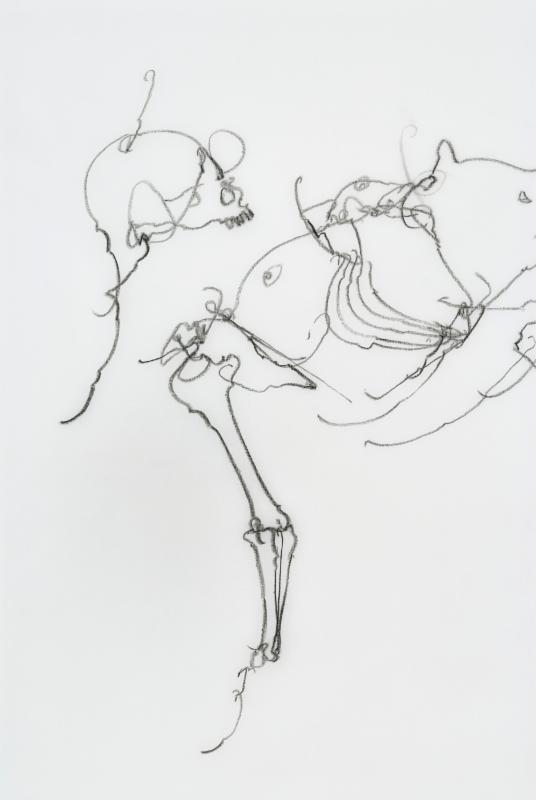
Art is not a decorative object; art is real and true and anchored in experience. When I look at myself and others who are under pressure to do something or say something great, real, powerful, intimate, or true, I ask: What is your best strength? Where does it come from? Do you even k now? How do you summon it? How many centuries stand behind it? What is the feeling in your heart and how do you invoke your best self?
Richard Raubolt, PhD, Psychoanalyst
Redemption and Resiliency: Resurrecting Ghosts from the Ruins of Detroit
As psychoanalysts, we practice mainly within the confines of our private office in hushed tones, and in isolation from the intemperate world banging at our doors. With the emergence of trauma studies, our work has widened beyond the abiding focus on individuals . . . For Richard Raubolt this means exploring the context of both sides existing in inter-generational urban trauma: shame and resiliency. Using Detroit’s “ruins,” Raubolt seeks to tell the largely untold story of “retro-visionaries.” With "The Heidelberg Project: Changing Lives Through Art Since 1986" as one example, Raubolt will use his new film to show what is possible when trauma, defiant interconnectedness, and creativity link up to form a resilient spirit.
Claude Barbre, PhD, Psychoanalyst
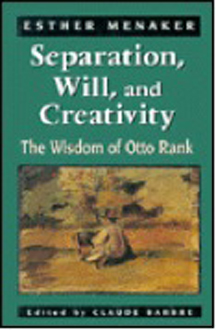 Genealogies and Encrypted Secrets: Identifications with the Oppressor and Traumatic Transmissions of Shame, Guilt, and Prejudice
Genealogies and Encrypted Secrets: Identifications with the Oppressor and Traumatic Transmissions of Shame, Guilt, and Prejudice
The Greek philosopher Heraclitus once said ethos anthropoid daimon—translated as “a person’s character is his daimon.” The term daimon refers to a presence that is “indeterminate, invisible, incorporeal, amorphous and unknown” (Diamond, 1996). Reflecting on Heraclitus’ remark, Martin Heidegger pointed out that ethos means our “dwelling place,” our sitedness in the world. Thus, our place in the world implies a vital correspondence to the unfamiliar, to our daimons, that signify spiritual energies at work in our particular dwellings. What is left unresolved in history finds its way into our present dwelling as traumatic hauntings, in turn creating complex links to the realms of unspeakable, unthinkable, and unvoiced secrets—unassimilated experiences that are often at the heart of traumatic reenactments. In
this presentation we will explore the daimonic nature of intergenerational transmissions of trauma-- what Claude Barbre calls “daimon genealogies”-- with a particular reevaluation of how identifications with the aggressor/oppressor inhabit the individual psyche and cultural discourse.
Contributing author in the newly released:
Fragments of Trauma and the Social Production of Suffering:
Trauma, History, and Memory
For Full brochure download, CE information,
presenter bios, and any questions,
Click here
contact:
Lori Feigenbaum ~ events@acapnj.org 973-629-1002
Margery Quackenbush ~ mq@naap.org 212-741-0515
REGISTER HERE FOR EARLY BIRD DISCOUNT!Register Now!

